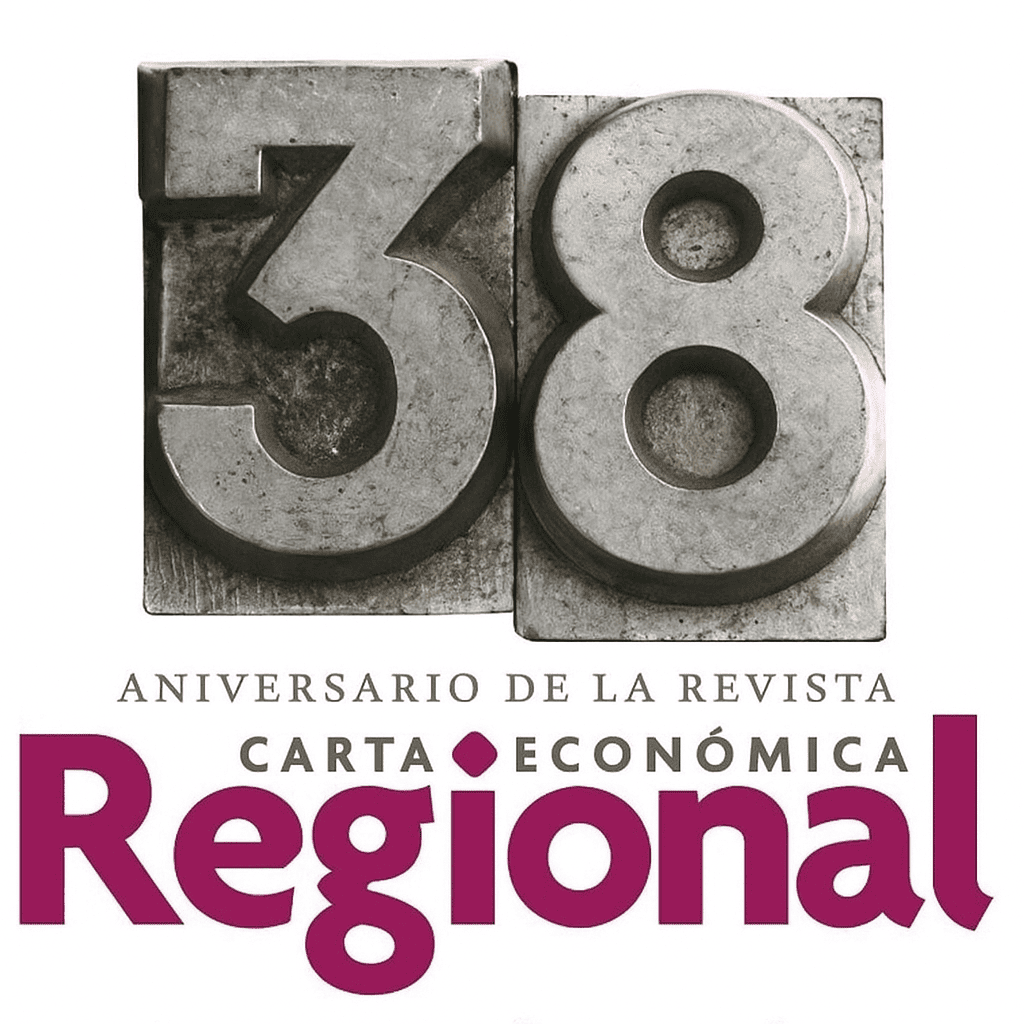EL FUTURO DEL NEOLIBERALISMO EN EL SIGLO XXI: IMPLICACIONES PARA LATINOAMÉRICA
Resumen
En América Latina se está construyendo una nueva política económica, pues las economías nacionales se han transformado y reestructurado de manera radical y se están creando nuevos acuerdos sociales dentro de las sociedades nacionales. Parece que la naturaleza dinámica del mercado capitalista mundial se está viendo desde una perspectiva más positiva en buena parte de América Latina, al menos para las nuevas clases gobernantes. Las economías y sociedades latinoamericanas están reaccionando ante estos cambios y fortalecen sus vínculos con un mundo cada vez más competitivo e interdependiente. Las demandas de estos cambios están creando tensiones en una sociedad latinoamericana que parece caer en diferentes grados de pobreza. Sin embargo, tales cambios tienen lugar dentro de un continente con gobiernos democráticos que brindan oportunidades ante los cambios que ha traído consigo el nuevo paradigma.Citas
Altimir, O., “Income distribution and poverty through crisis and adjustment”, Cepal Review, núm. 52, 1994.
Banco Interamericano de Desarrollo (BID), Economic and social progress in Latin America, 1996 report. Making social services work, BID, Washington, 1996.
Banco Mundial, World development report, 1987, Oxford University Press, Oxford, 1987.
Barrientos, A., “Pension reform and pension coverage in Chile: lessons forthe other countries”, Bulletin of Latin American Research, vol. 15, núm. 3,1996, pp. 309-322.
Bitar, S., “Neo-liberalism versus neostructuralism in Latin America”, Cepal Review, núm. 34, 1988.
Bulmer-Thomas, V. (ed.), The new economic model in Latin America and his impact on income distribution and poverty, MacMillan, Londres, 1996.
Cammack, P. “Cardoso’s political project in Brazil: the limits of social democracy”, en L. Panitch (ed.), Ruthless criticism of all that exists: socialist register 1997, Merlin Press, 1997, pp. 223-243.
Centeno, M.A. y P. Silva (eds.), The politics of expertise in Latin America, MacMillan, Londres, 1998.
Dietz, J.L. (ed.), Latin America’s economic development: confronting crisis, Lynne Reinner, Boulder, 1995.
ECLAC (Economic Commission for Latin America and the Caribbean, Changing production patterns with social equity, ECLAC, Santiago de Chile, 1990.
Edwards, S., Crisis and reform in Latin America: from despa is to hope, Oxford University Press, Oxford, 1995.
Fajnzylber, F., “Sobre la impostergable transformación productiva de América Latina", Pensamiento Iberoamericano, núm. 16, 1990, pp. 85-129.
French-Davies, R., “An outline of a neostructuralist approach”, Cepal Review, num. 34.
Gereffi, G. y D.L. Wyman (eds.), Manufacturing miracles: paths of industrialization in Latin America and East Asia, Princeton University Press, Princeton, 1990.
Green, D., Silent revolution: the raise of market economics in Latin America, Cassell, Londres, 1995.
Gwynne, R.N., Indistnalisation and urbanisation in Latin America, Johns Flopkins University Press, Baltimore, 1985.
Haggard, S. y R.R. Kaufman, The political economy of democratic transition. Princeton Umvesity Press, Princeton, 1995.
Jenkins, R.O., “The political economy of industralization a comparison of Latin American and East Asian newly industrialising countries”, Development and Chanqe, num. 22, 1991, pp 197-231.
Kay, C., Latin American theories of development and underdevelopment, Routledge, Londres, 1989.
Klak, T. (ed.), Globalization and neoliberalism: the Caribbean context. Rowman & Littlefield, Lanham, 1998.
Lustig, N., "From structuralism to neo-structuralism the search for a heterodox paradigm”, en P. Meller (ed.), The Latin American development debate: neostructuralism, neomonetarism, and adjustment processes, Westview Press, Boulder, 1991.
Rosales, O., “An assessment of the structuralist paradigm for Latin American development and the prospects for its development”. Cepal Review, num 34.
Scott, C., “The distributive impact of the new economic model in Chile”, en V. Bulmer-Thomas (ed ), The new economic model in Latin America and its impact on income distribution and poverty, MacMillan, Londres, 1996.
Williamson, J. (ed.), Latin American adjustment: how much has hoppened?, Institute for International Economics, Washington, 1990.
Aquellos autores/as que tengan publicaciones con esta revista, aceptan los términos siguientes:
- Los autores/as conservarán sus derechos de autor y garantizarán a la revista el derecho de primera publicación de su obra, el cuál estará simultáneamente sujeto a la Licencia de reconocimiento de Creative Commons que permite a terceros compartir la obra siempre que se indique su autor y su primera publicación esta revista.
- Los autores/as podrán adoptar otros acuerdos de licencia no exclusiva de distribución de la versión de la obra publicada (p. ej.: depositarla en un archivo telemático institucional o publicarla en un volumen monográfico) siempre que se indique la publicación inicial en esta revista.
- Se permite y recomienda a los autores/as difundir su obra a través de Internet (p. ej.: en archivos telemáticos institucionales o en su página web) déspues de que su trabajo sea publicado, lo cual puede producir intercambios interesantes y aumentar las citas de la obra publicada. (Véase El efecto del acceso abierto).











